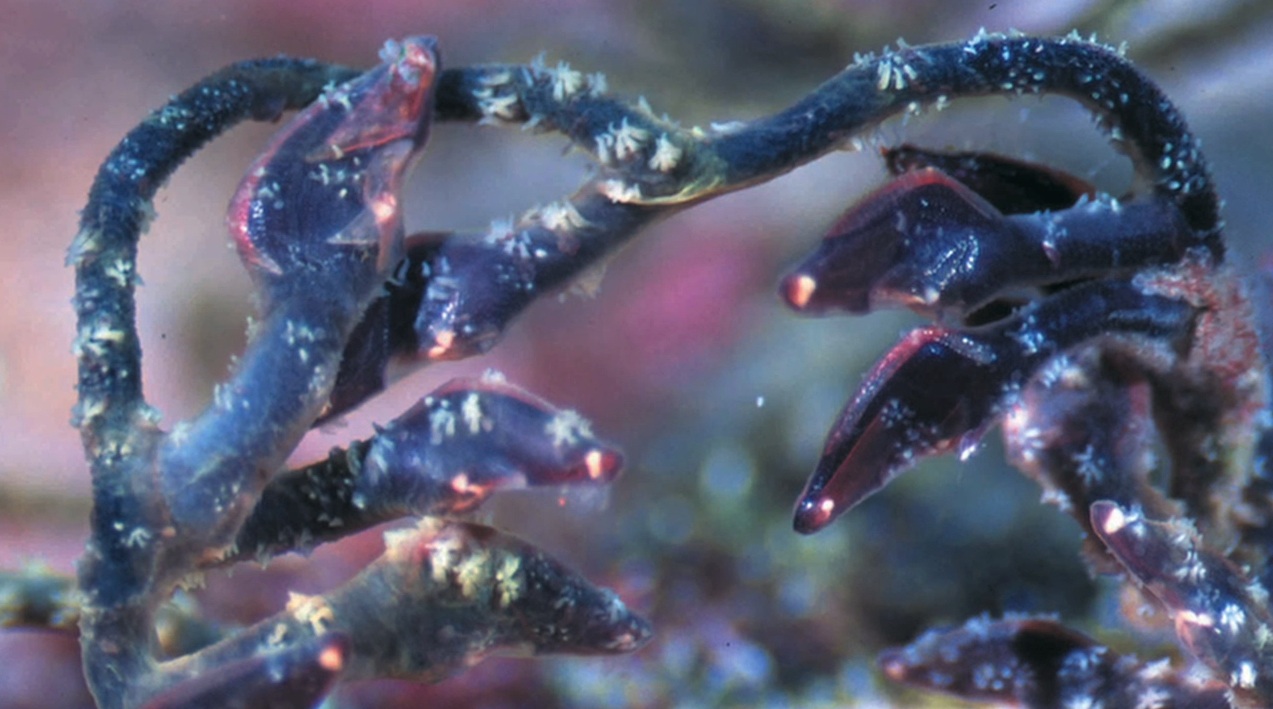Science News
Barnacles Rock!

Last week, we interviewed Bob Van Syoc, PhD, Senior Collection Manager of Invertebrates here at the Academy, for our story on copepods. While he does study crustaceans, Bob is actually a self-described barnacles guy. He’s made these “funny little crustaceans that live in stone houses” his life’s work.
We asked him what makes these invertebrates so special and thought we’d share his answers with you.
First, Bob’s beginnings with barnacles:
I worked with a visiting barnacle specialist for a few weeks at the Academy when I was an undergrad at San Francisco State and volunteering here. He taught me a little about them and got me interested. I had a mentor.
I discovered a new species of barnacle (in a sponge) in Baja California. I had a goal, to describe a new species. I realized that there were many new barnacle species to find and study. I had a possible career path, as a research scientist studying barnacles.
And why he never gets bored with barnacles:
They have a good fossil record of calcareous shells, so it’s possible to study their morphological evolution through time. Darwin’s studies of them were the first modern biological study of any group of animals. Like many other barnacle biologists, I still use Darwin’s work today.
They live in all the seas of the world, from the shallowest bays and estuaries to the deepest trenches, including hydrothermal vent communities. They are also economically important as fouling organisms on ships and other human structures.
There are certain groups of barnacles that have evolved special relationships, and so are only found with other organisms. Some only live on whales, others on or in turtles, others in sponges, corals (of all sorts), sea snakes, manatees, crabs, sharks and marine worms.
They have evolved some interesting morphology to go along with all these different relationships and habitats.
After reading, we hope you agree that barnacles, do indeed rock! Visit his site on the Research pages of the Academy’s website to learn more.